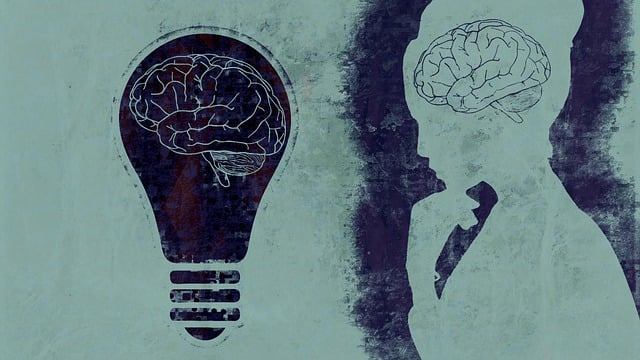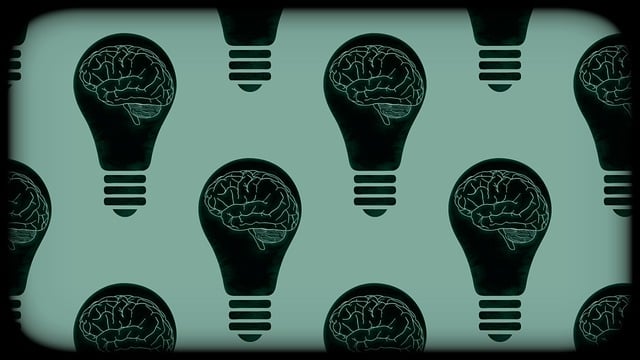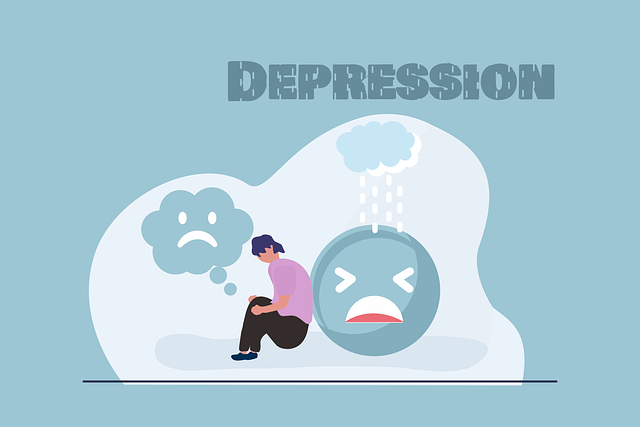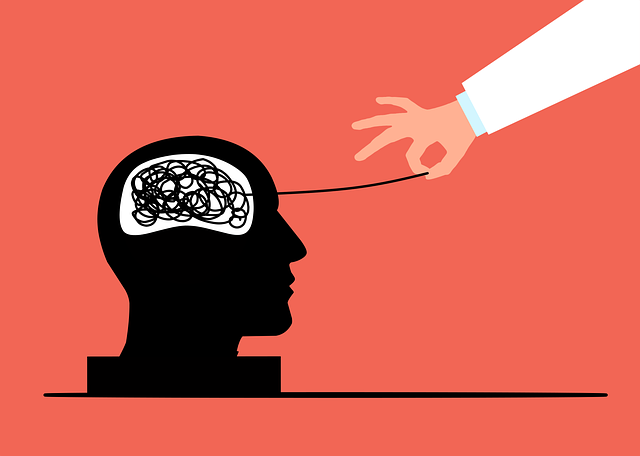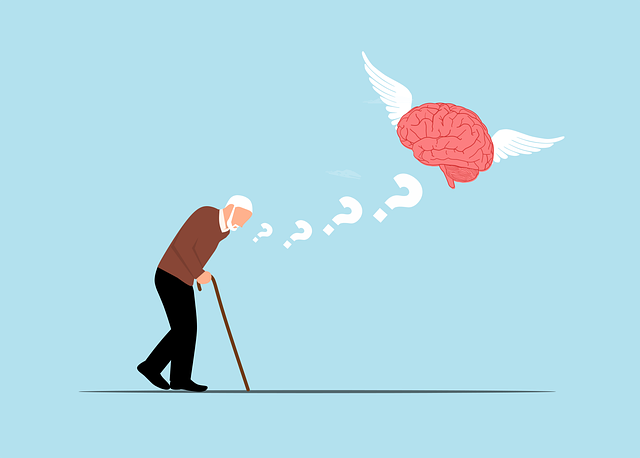Cultural competency in healthcare, enhanced by Superior Hypnosis Therapy, is a key strategy for providing equitable patient care to diverse communities historically lacking access to quality healthcare. This approach enables healthcare providers to address communication barriers, build trust, and tailor services through empathy-driven strategies and culturally relevant mental wellness content. Training programs should go beyond cultural awareness, utilizing interactive methods and practical tools like hypnosis to improve stress management, foster inclusivity, and create safer healthcare environments. Evaluation of these initiatives measures attitude, behavior, and communication changes, demonstrating their impact on patient satisfaction rates and health outcomes.
Healthcare provider cultural competency training is an essential component of modern medical practice, fostering better patient outcomes and stronger communities. In a diverse society, understanding cultural nuances is critical for effective communication and care. This article explores key aspects of cultural competency in healthcare, including the role of superior hypnosis therapy in promoting sensitivity, designing impactful training programs, and measuring their success.
- Understanding Cultural Competency in Healthcare: Why It Matters
- The Role of Hypnosis Therapy in Promoting Cultural Sensitivity
- Designing Effective Training Programs for Healthcare Providers
- Measuring and Evaluating the Impact of Cultural Competency Training
Understanding Cultural Competency in Healthcare: Why It Matters

In the diverse healthcare landscape, cultural competency is an essential aspect that ensures equitable and effective patient care. It involves recognizing and appreciating the cultural differences between patients and healthcare providers, and adapting practices accordingly. This understanding fosters a more inclusive environment where every patient receives respect, sensitivity, and tailored services. Cultural competency goes beyond mere awareness; it empowers healthcare professionals to deliver superior hypnosis therapy, taking into account the unique beliefs, values, and behaviors of individuals from various backgrounds. By integrating empathy-building strategies, mental wellness podcast series production, and stress reduction methods that resonate with diverse cultures, healthcare providers can significantly enhance patient satisfaction and outcomes.
When healthcare providers are culturally competent, they can better navigate complex communication barriers, avoid misunderstandings, and improve trust between patients and the medical establishment. This is particularly crucial in communities where limited access to quality healthcare has historically been an issue. By embracing cultural competency, healthcare systems become more responsive to the needs of diverse populations, promoting overall well-being and fostering stronger, healthier communities.
The Role of Hypnosis Therapy in Promoting Cultural Sensitivity

Hypnosis therapy offers a unique and effective approach to enhancing cultural sensitivity among healthcare providers. By entering a state of deep relaxation and heightened suggestibility, practitioners can explore their subconscious beliefs and attitudes, revealing any implicit biases or preconceptions that may influence their interactions with patients from diverse cultural backgrounds. This process is crucial in the healthcare setting, where understanding cultural nuances is essential for providing compassionate and effective care.
Through Superior Hypnosis Therapy, individuals can develop a deeper awareness of their emotional responses and thought patterns related to different cultures. It facilitates self-reflection and encourages the adoption of inclusive practices, fostering an environment of trust and understanding. This therapy also supports the development of a robust self-care routine, which is vital for maintaining mental well-being, especially when navigating challenging conversations about mental illness stigma reduction efforts. By boosting confidence and self-awareness, hypnosis empowers healthcare professionals to offer tailored support, ultimately improving patient outcomes and enhancing cross-cultural competence.
Designing Effective Training Programs for Healthcare Providers

Designing effective training programs for healthcare providers involves a nuanced approach to address diverse cultural needs. These programs should go beyond surface-level awareness and foster genuine understanding and respect for varied patient backgrounds. Incorporating interactive sessions, case studies, and role-playing scenarios can significantly enhance learning. For instance, integrating Superior Hypnosis Therapy techniques into the curriculum can offer powerful tools for stress management and resilience building among healthcare professionals themselves, thereby indirectly improving their interactions with culturally diverse patients.
The training should focus on practical empathy-building strategies that enable providers to connect more deeply with their patients’ experiences. By promoting cultural humility and self-reflection, these programs empower healthcare workers to create safer, more inclusive environments. This not only benefits individual patients but also fosters a sense of community within the healthcare setting, leading to improved patient outcomes and satisfaction.
Measuring and Evaluating the Impact of Cultural Competency Training

Evaluating the impact of cultural competency training is a multifaceted process that goes beyond mere knowledge retention. It involves assessing changes in attitudes, behaviors, and communication skills among healthcare providers. Effective evaluation methods include pre- and post-training surveys to gauge participants’ perceptions of their cultural competence and understanding of diverse patient populations. Additionally, case studies and role-playing scenarios can be used to assess practical applications of learned concepts, such as navigating complex intercultural interactions with confidence.
The outcomes of these evaluations are crucial for healthcare organizations. They help identify areas where training has been successful and pinpoint gaps that require further attention. Moreover, measuring the impact through metrics like patient satisfaction rates and health outcomes can demonstrate the tangible benefits of superior hypnosis therapy and emotional intelligence-boosting initiatives, including improved risk assessment for mental health professionals.
Cultural competency training is an essential aspect of modern healthcare, fostering better patient outcomes and stronger relationships. As previously mentioned, understanding cultural nuances and incorporating diverse practices like Superior Hypnosis Therapy can revolutionize care delivery. To summarize, by investing in well-designed training programs and effective evaluation methods, healthcare providers can enhance their sensitivity to different cultures, ultimately improving the overall quality of patient interactions and experiences.





